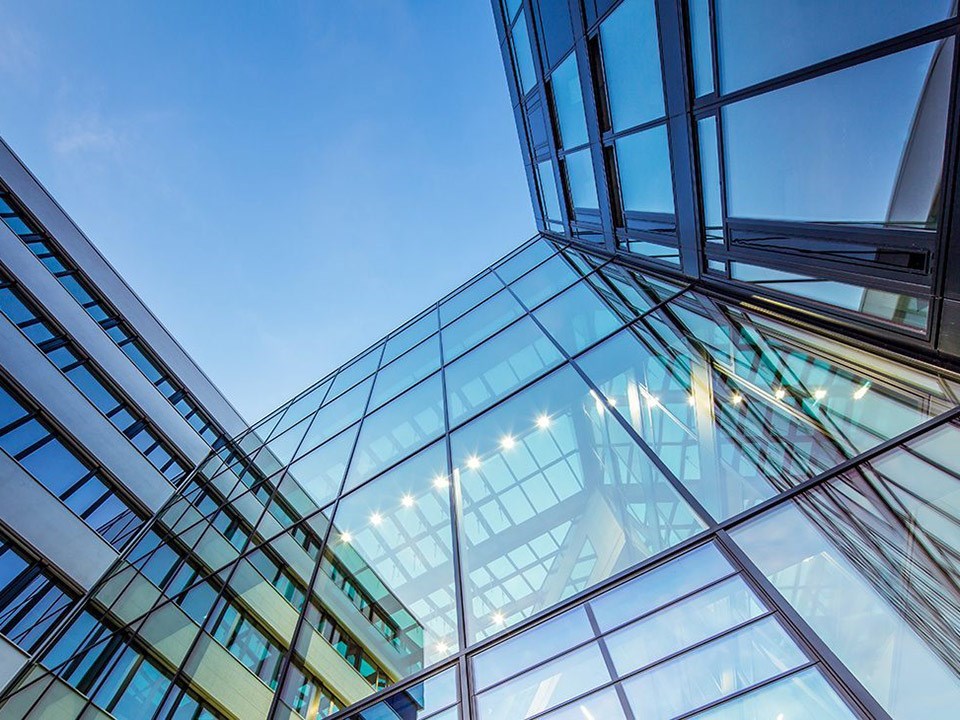
Heat Soaked Glass
Heat Soaked Glass
Heat-soaked glass, an advancement in tempered glass technology, offers critical benefits in reliability and safety. Subjected to controlled heating, it eliminates potential defects, notably nickel sulfide inclusions, which can lead to spontaneous breakage. This meticulous process enhances glass reliability, reducing unforeseen risks, and instilling confidence in its performance.
In applications like architecture and construction, where glass plays a pivotal role, the safety aspect is paramount. Heat-soaked glass’s ability to minimize the chances of post-installation breakage due to inclusions makes it an ideal choice for these sectors, ensuring the well-being of occupants and structural integrity.
This specialized glass retains the inherent strength and durability of tempered glass, allowing it to endure thermal stress and temperature fluctuations. In the event of breakage, it shatters into safer, smaller pieces, reducing the potential for severe injuries compared to regular glass.
Heat-soaked glass not only prioritizes safety but also expands design possibilities. Architects can explore innovative applications, from intricate glass structures to expansive facades, with the assurance of improved reliability. Overall, the implementation of heat-soaked glass marks a significant stride in advancing both safety and aesthetics across a range of industries.
Advantages
1
Enhanced Reliability
Heat-soaked glass undergoes a controlled thermal cycle that eliminates potential defects, such as nickel sulfide inclusions. This reduces the risk of spontaneous breakage, ensuring higher reliability in various applications.
2
Improved Safety
By minimizing the possibility of inclusions causing breakage after installation, heat-soaked glass significantly enhances safety, especially in sectors like construction and architecture where unexpected breakage can lead to injuries or damage.
3
Strength and Durability
Heat-soaked glass retains the inherent strength and durability of tempered glass. It can withstand thermal stress and temperature fluctuations, making it suitable for environments with varying conditions.
4
Reduced Risk of Injury
In the event of breakage, heat-soaked glass shatters into small, relatively harmless pieces, reducing the risk of serious injuries compared to traditional annealed glass.
